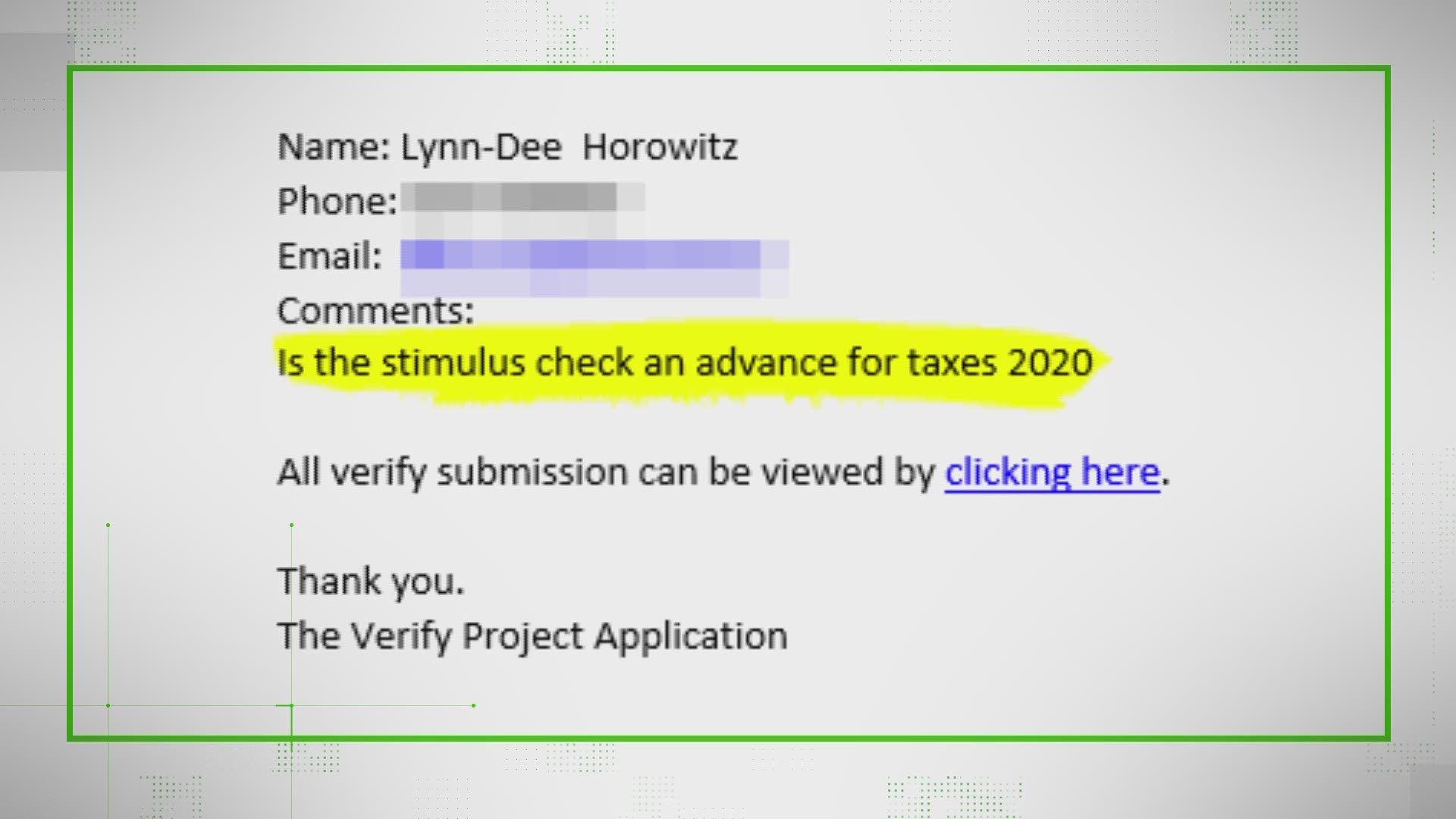NASHVILLE, Tenn. — The Treasury Department and the Internal Revenue Service (IRS) will begin distributing COVID-19 Economic Impact Payments in the next few weeks.
Ahead of the arrival of those payments, the Tennessee Department of Commerce & Insurance (TDCI) Securities Division joins the IRS – Criminal Investigation and the United States Attorney’s Office in the Middle District of Tennessee to warn Tennessee taxpayers to be alert about possible scams relating to these payments as well as other malicious attempts to defraud people relating to the COVID-19 pandemic.
“During these stressful times, I urge consumers to take extra precautions in order to ensure their personal finances do not fall prey to scam artists and bad actors who may use the COVID-19 pandemic for their personal gain,” said TDCI Commissioner Hodgen Mainda. “Consumers should familiarize themselves with the red flags commonly associated with these COVID-19 financial scams in order to help protect their families from financial risk during this period.”
For most Americans, the Economic Impact Payment will be distributed automatically and will result in a direct deposit into the bank account designated by their 2018 or 2019 federal tax return. For eligible recipients who have traditionally received tax refunds via paper check, they will receive their economic impact payment in this manner as well. The IRS will calculate and automatically send the Economic Impact Payment with no action required by most eligible recipients.
The IRS will not contact you to ask you to pay a fee or confirm personal information prior to receiving the Economic Impact Payment. If you receive a phone call, text, or email asking for payment or confirmation of personal or financial information, it is a scam. Do not give out your bank account, debit account or PayPal account information, even if the caller claims it is necessary to get your check or that by doing so you can receive your payment faster. Additionally, don’t click on links in texts or emails relating to Economic Impact Payments, as this could allow scammers to place tracing devices on MORE your electronic devices and gain access to your personal information for later use. Don't engage with scammers or thieves, simply hang up or delete texts/emails.
It will take a few weeks before the Treasury sends the Economic Impact Payments. If you receive a “check” for an odd amount, for instance $1,322.48, or a check that requires you to verify the check online or by calling a number, it is a fraud.
Matthew D. Line, Special Agent in Charge of the IRS-CI Charlotte Field Office, made the following statement in an effort to prevent taxpayers in need from being victimized by criminals using the recently approved payments as an opportunity to commit a crime, “I urge the public not to fall victim to fraudsters attempting to steal Economic Impact Payments being sent out. The IRS will not call, text, email or otherwise contact you to ask for your personal information. This money is meant to help mitigate the enormous financial impact COVID-19 has had on the American public and businesses. Don’t fall victim to scammers.”
In addition to the warnings issued by IRS-Criminal Investigation, the Department of Justice (DOJ) is also actively formulating an investigative and legal response to fraud relating to COVID-19. United States Attorney’s Offices have developed task forces and appointed Coronavirus Fraud Coordinators to serve as the legal counsel for the federal judicial district on matters relating to the Coronavirus, direct the prosecution of Coronavirus-related crimes, and to conduct outreach and awareness activities.
The Middle District of Tennessee U.S. Attorney Donald Cochran summarized DOJ’s stance, “Sadly, these unfortunate times present opportunities for low-life fraudsters to prey upon those who are struggling to get through a single day with hopes of returning to a normal life. We will not allow our current circumstances to become an open door for those who would take advantage of a temporary plight of humanity. Forty-two dedicated federal prosecutors in our office, along with our law enforcement partners, are on duty and eagerly awaiting the opportunity to bring anyone to justice who would attempt to exploit those who find themselves in extreme need during one of the most vulnerable times in our nation’s history.”
Some examples of these schemes include:
- Individuals and businesses selling fake cures for COVID-19 online and engaging in other forms of fraud.
- Phishing emails from entities posing as the World Health Organization or the Centers for Disease Control and Prevention.
- Malicious websites and apps that appear to share Coronavirus-related information to gain and lock access to your devices until payment is received.
- Seeking donations fraudulently for illegitimate or non-existent charitable organizations.
In these uncertain and trying times, we need to stay strong and stand together united in purpose.
Don’t become a victim by allowing criminals to exploit your emotions. Stay vigilant and tell your family, friends and neighbors about these scams. For more information, visit the IRS website at www.irs.gov/coronavirus.
Questions about an investment? TDCI's Securities Division suggests investors stay clear of anything sounding too good to be true, such as guarantees of high returns with no risk, and vet their investment professional about their licenses and registrations.
Investors should also contact the Securities Division with questions about any investment opportunity or the person offering it for sale before investing in the product. For more information, visit the Securities Division homepage at https://www.tn.gov/commerce/securities-division.html.


